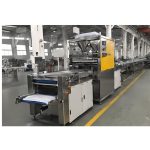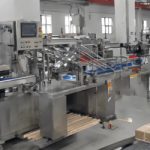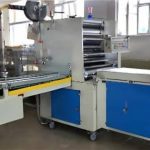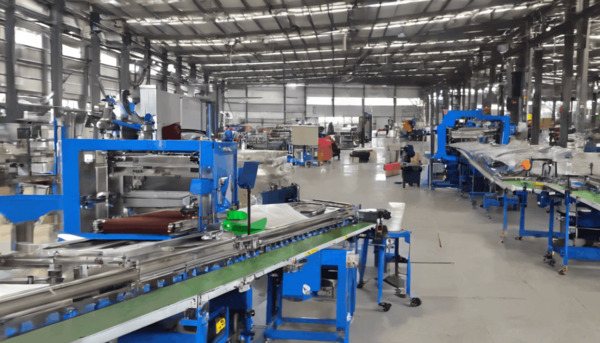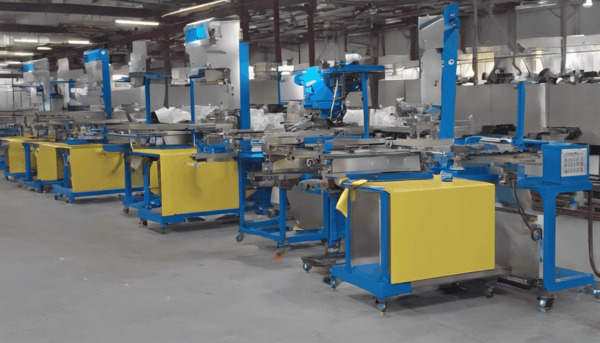
Understanding Filler Machines in Industrial Applications
A filler machine, also known as a filling machine, is an essential piece of equipment in various industries, particularly in the packaging and manufacturing sectors. Its primary function is to fill containers with a specified quantity of product, which can range from liquids and powders to granules and pastes. Filler machines are crucial for ensuring accuracy, efficiency, and consistency in the packaging process, which in turn affects the overall quality and reliability of the final product.
1. Liquid Filling Machines
Liquid filling machines are used to fill containers with liquid products. They are widely used in the food and beverage, pharmaceutical, and chemical industries. These machines can handle a variety of liquids, including water, juices, oils, and syrups. Liquid filling machines can be further categorized into volumetric, gravity, and overflow filling machines, each with its own method of ensuring accurate filling.
2. Powder Filling Machines
Powder filling machines are designed to fill containers with powdered products, such as flour, spices, and pharmaceuticals. These machines use augers or vibratory systems to ensure precise filling and are often equipped with dust collection systems to maintain a clean working environment.
3. Paste Filling Machines
Paste filling machines are used for filling viscous products like creams, gels, and sauces. These machines are equipped with piston fillers that can handle the thick consistency of pastes, ensuring accurate and efficient filling.
4. Granule Filling Machines
Granule filling machines are used for products like grains, seeds, and pellets. These machines use volumetric or gravimetric methods to ensure precise filling, often incorporating weighing systems to achieve the desired fill weight.
1. Accuracy and Precision
Filler machines are designed to deliver precise amounts of product into each container, minimizing waste and ensuring consistency across batches. This accuracy is crucial for maintaining product quality and meeting regulatory standards.
2. Efficiency and Speed
These machines can significantly increase the speed of the packaging process, allowing manufacturers to meet high production demands. Automated filler machines can handle thousands of containers per hour, reducing labor costs and increasing throughput.
3. Versatility
Filler machines are versatile and can be adapted to handle a wide range of products and container sizes. This flexibility makes them suitable for various industries and applications.
4. Hygienic Design
Many filler machines are designed with hygiene in mind, featuring easy-to-clean surfaces and components that minimize contamination risks. This is especially important in the food and pharmaceutical industries.
1. Food and Beverage Industry
In the food and beverage industry, filler machines are used to package products like sauces, juices, dairy products, and condiments. The machines ensure that each container is filled with the exact amount of product, maintaining consistency and quality.
2. Pharmaceutical Industry
Pharmaceutical companies use filler machines to package medicines in liquid, powder, or tablet form. The machines must meet strict regulatory standards to ensure the safety and efficacy of the products.
3. Chemical Industry
In the chemical industry, filler machines are used to package products like cleaning agents, solvents, and fertilizers. These machines must be robust and resistant to corrosion to handle the harsh nature of chemical products.
4. Cosmetics Industry
The cosmetics industry uses filler machines to package products like creams, lotions, and perfumes. The machines must be able to handle delicate and viscous products while maintaining high levels of hygiene.
Conclusion
Filler machines play a critical role in the packaging and manufacturing industries by ensuring that products are filled accurately and efficiently. With various types of filler machines available, each designed for specific applications, industries can choose the right equipment to meet their production needs. The benefits of using filler machines include increased accuracy, efficiency, and versatility, making them an indispensable part of modern manufacturing processes. As technology advances, filler machines continue to evolve, offering even greater capabilities and efficiencies to meet the growing demands of various industries.
